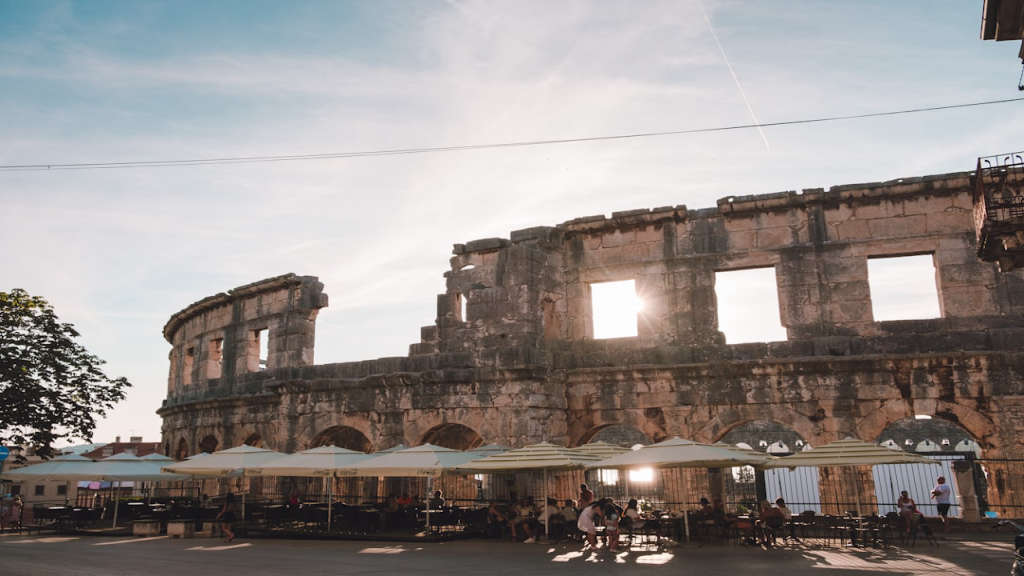In the vibrant tapestry of human culture, celebrating traditions brings people together in unique ways. Geleneksel Kutlamalar serve as a bridge connecting generations, weaving stories of joy and remembrance. As we delve into the essence of these cherished festivities, we uncover the rich meanings and rituals that enhance our sense of belonging. Each celebration, steeped in history, reflects the values and creativity of its community. This exploration invites us to appreciate the depth and diversity within our shared human experience.
Main Points
- Understanding the significance of Geleneksel Kutlamalar in various cultures.
- Exploring the rituals and customs associated with these celebrations.
- Highlighting the role of community and family in preserving traditions.
- Reflecting on how modern times influence traditional festivities.
Unearthing the Significance of Geleneksel Kutlamalar in Turkish Heritage
Geleneksel kutlamalar hold a special place in Turkish heritage, acting as vibrant threads in the rich tapestry of culture. These celebrations, often rooted in communal history, forge connections among generations and reflect the underlying values of society. The significance of these events transcends mere festivity; they serve as a reminder of our shared identity and collective memory.
The Multifaceted Importance of Geleneksel Kutlamalar
- Social Cohesion: They foster a sense of belonging, uniting families and friends through common practices.
- Cultural Preservation: Through various rites and rituals, they ensure that traditions are passed down, safeguarding cultural diversity.
- Emotional Connection: Festivals evoke deep memories, creating emotional ties that reinforce community bonds.
Yet, it’s intriguing how these gatherings also adapt to modern influences, blending the past with the present. For instance, the incorporation of contemporary music in traditional festivals reveals a dynamic relationship with evolving tastes. This duality might seem confusing; however, it reflects a living culture that embraces change while honoring its roots.
As we delve deeper into these unique celebrations, we must cherish them not only for their beauty but also for what they represent. Indeed, geleneksel kutlamalar sustain our cultural heartbeat, echoing through time. Thus, understanding their significance becomes vital for future generations.
Traditional Festivals: A Window into the Soul of Turkish Communities
Turkish festivals encapsulate the vibrant essence of communities, weaving together stories of tradition, culture, and shared history. Each celebration offers a glimpse into the heart of Turkish society, revealing its rich values and diverse practices. From the lively streets of Istanbul during Ramadan to the serene gatherings in rural Anatolia for the Harvest Festival, these festivals serve as a reminder of the people’s enduring spirit.
Cultural Significance
These occasions foster a sense of belonging, where families come together and friendships are renewed. Visitors often find themselves enchanted by the colorful displays of local art, the intoxicating aroma of traditional foods, and the joyous melodies that echo through the air. Such experiences differ from one region to another, creating a kaleidoscope of customs that reflect local identities.
Conclusion
However, amidst the festivities, one might ponder: do these celebrations truly capture the essence of the people? Yes, they do, yet they also leave us with lingering questions about how modernity influences these time-honored practices. Thus, traditional festivals not only celebrate the past but challenge us to consider the future of Turkish culture.
| Festival | Location |
|---|---|
| Ramadan Festivities | Istanbul |
| Harvest Festival | Anatolia |
The Role of Rituals and Ceremonies in Shaping Cultural Identity Through Geleneksel Kutlamalar
Rituals and ceremonies serve as significant pillars in the construction of cultural identity. Through geleneksel kutlamalar, communities reinforce their shared values, beliefs, and histories. These events facilitate a unique space where participants can connect with their heritage, creating a sense of belonging. For instance, during traditional festivals, the air bursts with a collective spirit, reminding individuals of their roots.
The Emotional Connection
Emotions often run high during such gatherings, as they evoke memories connected to family and friends. This emotional tapestry weaves individual stories into a broader cultural narrative. Furthermore, the act of participating in kutlamalar fosters a bond among attendees, bridging generational gaps. However, in a rapidly globalizing world, the meaning of these rituals may seem diluted, or even confusing.
Despite these challenges, rituals adapt and evolve. They take on new forms while retaining core elements that anchor identities. This balancing act resonates deeply with individuals striving to honor their past while navigating the present. Ultimately, through rituals, societies find a nuanced understanding of themselves, continuously shaping and reshaping their collective essence.
Conclusion
In reflecting on the importance of traditional celebrations, we truly appreciate how they connect us to our roots. These gatherings foster a sense of community and belonging. We share stories, food, and customs that have been passed down through generations, enriching our lives in ways that are both profound and meaningful. However, these celebrations do more than just commemorate the past. They create moments of joy and togetherness that remind us of our shared humanity. As we embrace these experiences, we recognize that they are vital for maintaining our cultural heritage. In conclusion, traditional celebrations play a crucial role in binding us together, ensuring that while times may change, the essence of who we are remains vibrant and alive.
Frequently Asked Questions
What are traditional celebrations?
Traditional celebrations are cultural events that are passed down through generations, often reflecting the unique customs, values, and beliefs of a community or society.
Why are traditional celebrations important?
They play a crucial role in preserving cultural identity, fostering community bonds, and providing opportunities for individuals to connect with their heritage and history.
How can I participate in traditional celebrations?
You can participate by attending local events, learning about the customs and rituals, and engaging with the community, or even by organizing your own celebrations to share cultural practices.





